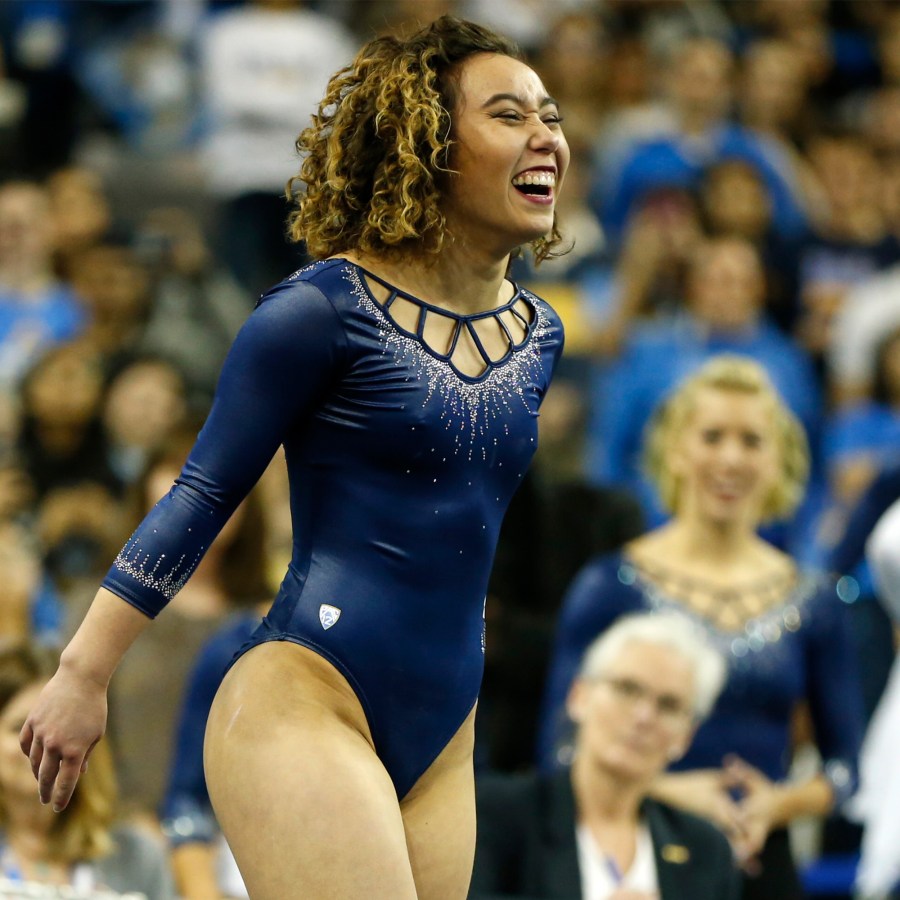When student athletes play hard, who gets paid?

Sports can be the great equalizer.
No matter your background, your race, your social standing, none of that matters once you’re in competition. And thanks to Title IX regulations, college sports are meant to be even more pure — men and women get equal treatment and opportunity, student athletes aren’t paid, they’re in it for the love of the game and to get an education.
Of course, the reality is a lot more complicated. The NCAA, which regulates college sports, is a billion-dollar business. It’s built on the talent, time and effort of students who aren’t paid for their hours in practice, or in competition, and are banned from making money through endorsements or merchandise.
The NCAA and its allies say paying the athletes who bring in the most cash — like, say, basketball players competing in March Madness — would leave students in less lucrative sports out in the cold and could create tensions between teammates. But it’s hard to argue that the current system is working for someone like Katelyn Ohashi. She’s a former UCLA gymnast whose perfect-10 floor routine went viral earlier this year, bringing her professional opportunities she says she couldn’t take.
“I was handcuffed by the NCAA rules that prevent me from deriving any benefit from my name and likeness,” she said in a recent New York Times op-ed, “regardless of the fact that after my final meet I had no pro league to join.”
But there are signs that might be changing. A new law passed in California this fall would allow athletes to hire agents and make money from endorsements and other deals. The NCAA announced shortly after that it would explore lifting its restrictions nationwide.
Ohashi’s on the show today to give us an inside look at college athletics and explore what shaking up the orthodoxy of amateurism could mean for the students coming up behind her.
By the way, don’t forget to subscribe to our newsletter! Here’s last week’s issue, if you missed it.
None of us is as smart as all of us.
No matter how bananapants your day is, “Make Me Smart” is here to help you through it all— 5 days a week.
It’s never just a one-way conversation. Your questions, reactions, and donations are a vital part of the show. And we’re grateful for every single one.


















